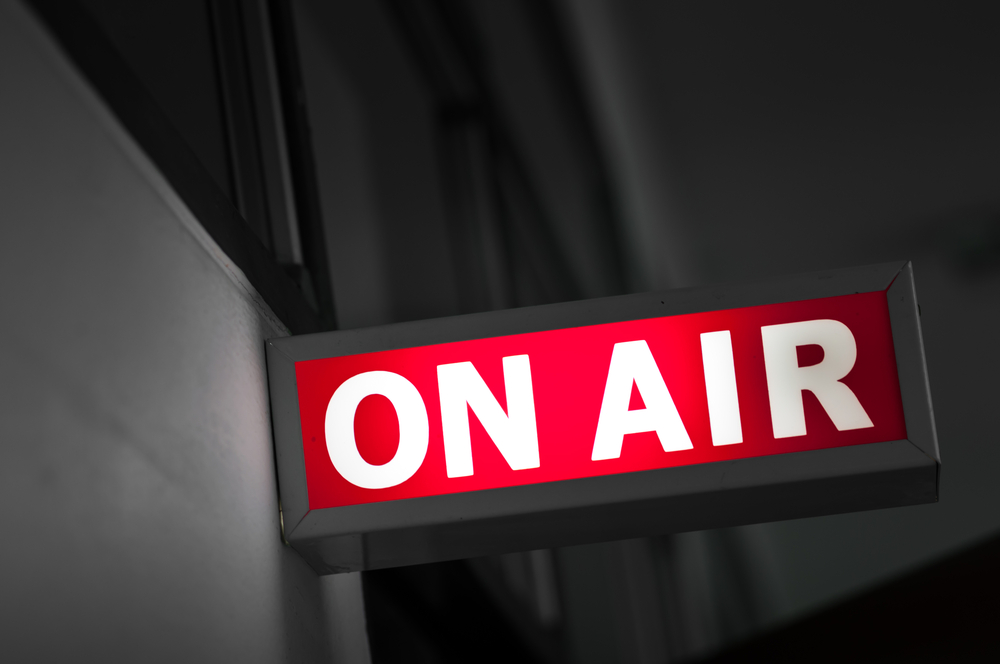
If you plan on live streaming or simulcasting your station over the Internet (also known as noninteractive streaming), there is another layer of music licensing. Please note that this information on “Other Noncommercial Educational Broadcasters” does not pertain to radio stations licensed to accredited colleges, universities, or other nonprofit educational institutions. This is the annual cost for music licensing for music-based (not talk-based), noncommercial educational radio stations with a population count of 0-249,999: For populations equal to or greater than 250,000, the fee is higher for music-based stations, and either the same or higher for talk-based stations. The base licensing fee for music-based stations (stations with 20% or more programming containing “Feature Music”) and talk-based stations (stations with less than 20% programming containing “Feature Music”) is for populations ranging from 0-249,999. If you are not an LPFM, but nonetheless a noncommercial educational broadcast radio station, the blanket fee depends on the population in your coverage area (60 dBu Contour) from the latest census data. Other Noncommercial Educational Broadcasters (Increased each year to reflect inflation) If you are a Low Power FM radio station (“LPFM”), the PROs provide you with these special rates for broadcast radio transmissions:

When playing songs over the radio, only the authors/composers/writers of the song have to be compensated (the owners of the “musical work” copyright), not the performers/producers of the song (the owners of the “sound recording” copyright, which is usually assigned to record labels). There are two kinds of music licenses that we're concerned with - recording artist royalties and publisher royalties. If you subscribe to just one PRO, you must be careful to only play songs from their catalog.
#Public radio international jingle license
The PROs will probably still reach out to you, since you are a radio station, but if you do not play the songs in their catalogs (or if you have obtained a license directly from a rightsholder), you do not owe them anything.
#Public radio international jingle pro
If you are not going to play music very often, you may want to negotiate with rightsholders directly and avoid paying PRO blanket licensing fees. If an artist is not represented by a PRO, then you must get permission from the artist (or their publisher) directly. Most songs are licensed by the three main PROs, with ASCAP and BMI each having more songs in their catalogs than SESAC. They charge blanket fees that allow you to publicly perform everything in their catalogs, whenever you want. (“BMI”), and SESAC are the main three performance rights organizations (“PROs”) that control the vast majority of the licensing of musical works in the United States.

Also, make sure you are complying with these organizations’ recordkeeping and reporting requirements, unless you have obtained a waiver.Īmerican Society of Composers, Authors and Publishers (“ASCAP”), Broadcast Music, Inc. Just make sure that you are compensating the organizations that need to be compensated, as stations are monitored if you are not paying the appropriate entity, you may get fined. Rather, you can pay to license music in bulk. Fortunately, you don’t have to go around cutting checks to every band whose music you use. As a noncommercial broadcast radio station (that might also stream over the Internet), you cannot simply play any music you want legally you need permission.


 0 kommentar(er)
0 kommentar(er)
